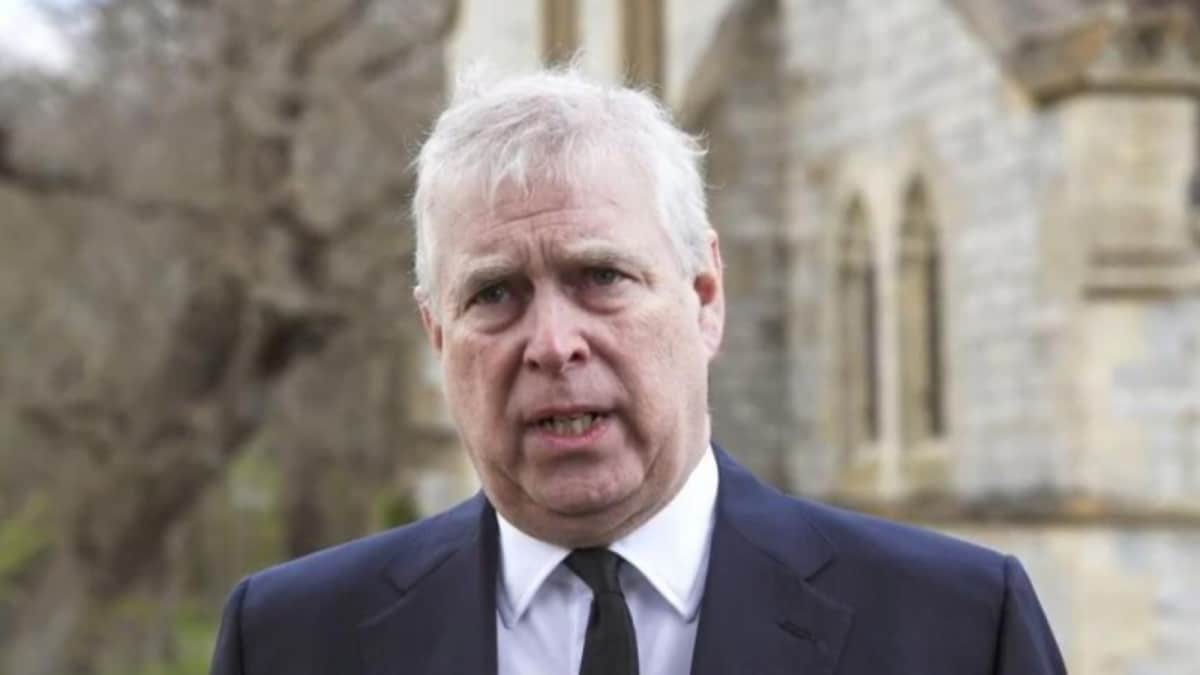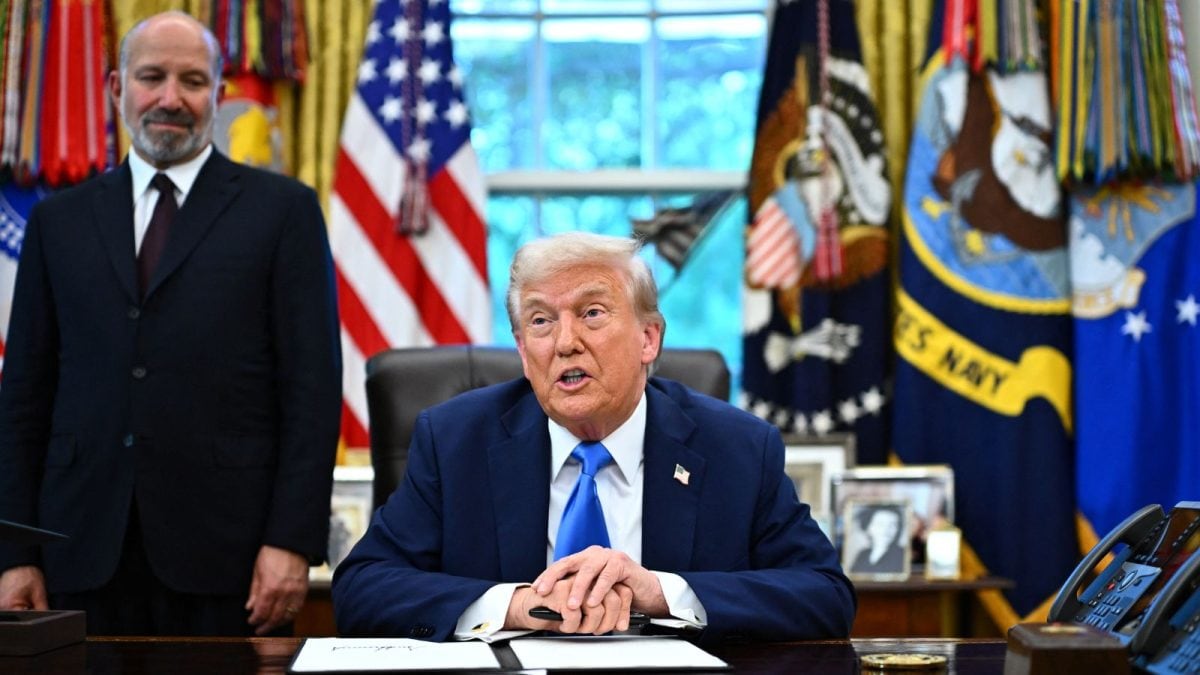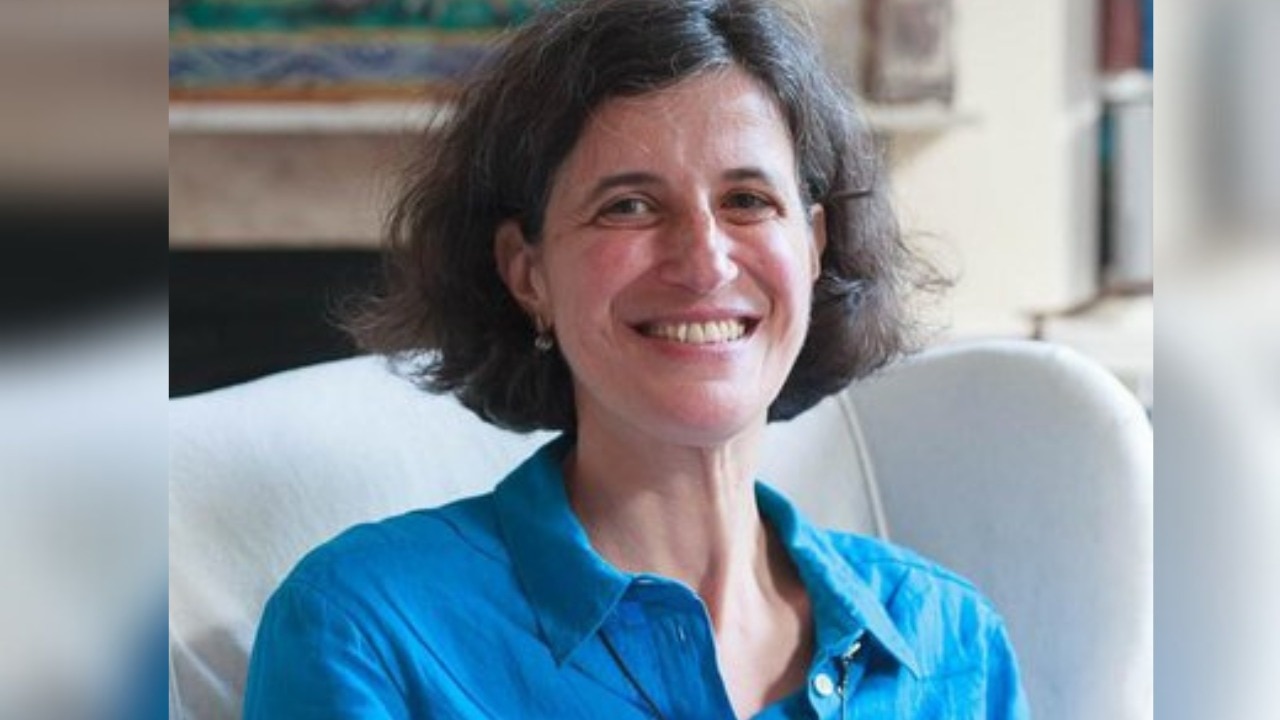ARTICLE AD BOX
Last Updated:October 30, 2025, 22:09 IST
China's new social media law requires influencers to provide proof of qualifications to discuss sensitive topics such as health, finance or law in a bid to curb misinformation.

China's new law wants only degree-holders to discuss sensitive topics on social media. (Getty Images)
China has now passed a sweeping social media law, which requires influencers to hold formal degrees to discuss sensitive topics such as health, finance or law, in a bid to curb information on social media channels.
The Cyberspace Administration of China (CAC) issued the “Regulations on the Accountability of Internet Content Creators for Professional Topics", starting from October 25, which requires any influencer discussing medicine, law, education, or finance must hold verifiable qualifications.
The law is a broader effort by Chinese authorities to curb misinformation and reduce content accountability. It aims to distinguish between opinion and expertise, requiring influencers to provide proof of qualifications before posting content in these fields.
How Will It Work?
Creators on social media will now be required to highlight evidence of expertise prior to posting content related to regulated subjects. These credentials can include a university degree, professional licence, or state-recognised certification in the relevant field.
Several Chinese social media platforms, such as Douyin (China’s TikTok), Weibo, and Bilibili, are now responsible for verifying influencer credentials and ensuring that posts on sensitive topics include proper citations and disclaimers.
People will also have to clearly identify AI-generated content or references to research studies. Violations can result in content takedowns or account suspensions, with fines up to 100,000 yuan (approximately $14,000), as per the guidelines.
The CAC also banned the advertising of medical products, supplements and health foods to avoid hidden promotions that are disguised as “educational news".
How Did People React?
The law has stirred a major debate online, with proponents saying that it will reduce misinformation, and critics warning that it can harm creativity and limit freedom of speech, according to Morocco World News.
Some people have said that only people with expertise should be allowed to speak on sensitive topics. “It’s about time people with real expertise led the conversation," a user said on Weibo.
“Next thing you know, we’ll need a license to post opinions," a Beijing-based creator reacted negatively to the new law. Critics said the law would give too much power to authorities to decide which individuals counted as “experts".

Aveek Banerjee is a Senior Sub Editor at News18. Based in Noida with a Master's in Global Studies, Aveek has more than three years of experience in digital media and news curation, specialising in international...Read More
Aveek Banerjee is a Senior Sub Editor at News18. Based in Noida with a Master's in Global Studies, Aveek has more than three years of experience in digital media and news curation, specialising in international...
Read More
First Published:
October 30, 2025, 22:09 IST
News world 'No Degree, No Opinion': Chinese Influencers To Now Provide Credentials To Discuss Sensitive Topics
Disclaimer: Comments reflect users’ views, not News18’s. Please keep discussions respectful and constructive. Abusive, defamatory, or illegal comments will be removed. News18 may disable any comment at its discretion. By posting, you agree to our Terms of Use and Privacy Policy.
Read More

 3 hours ago
4
3 hours ago
4








 English (US) ·
English (US) ·